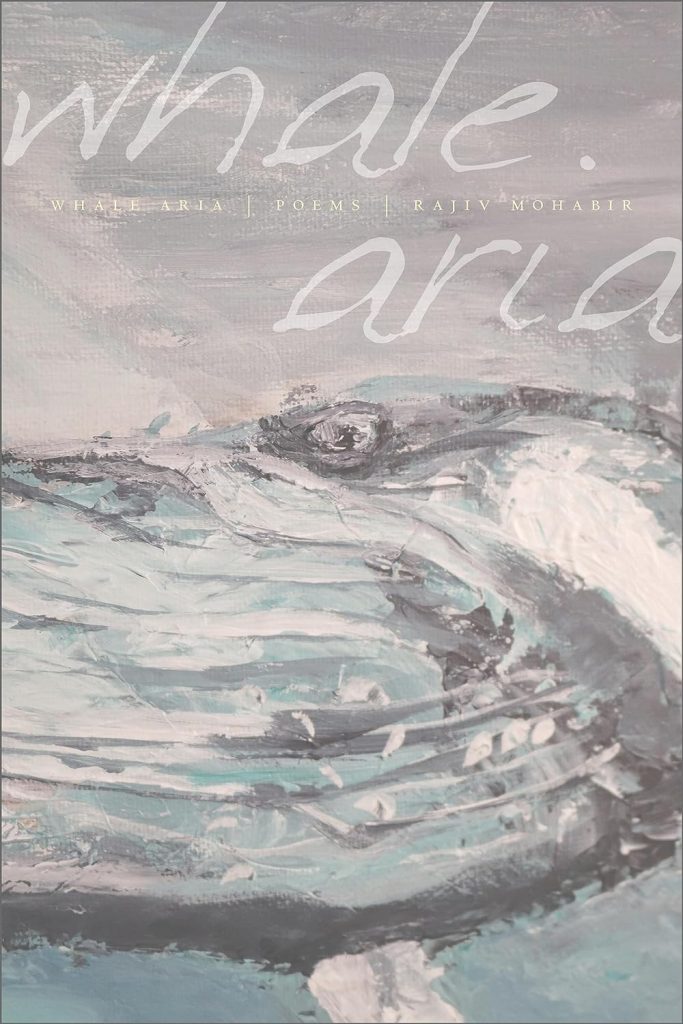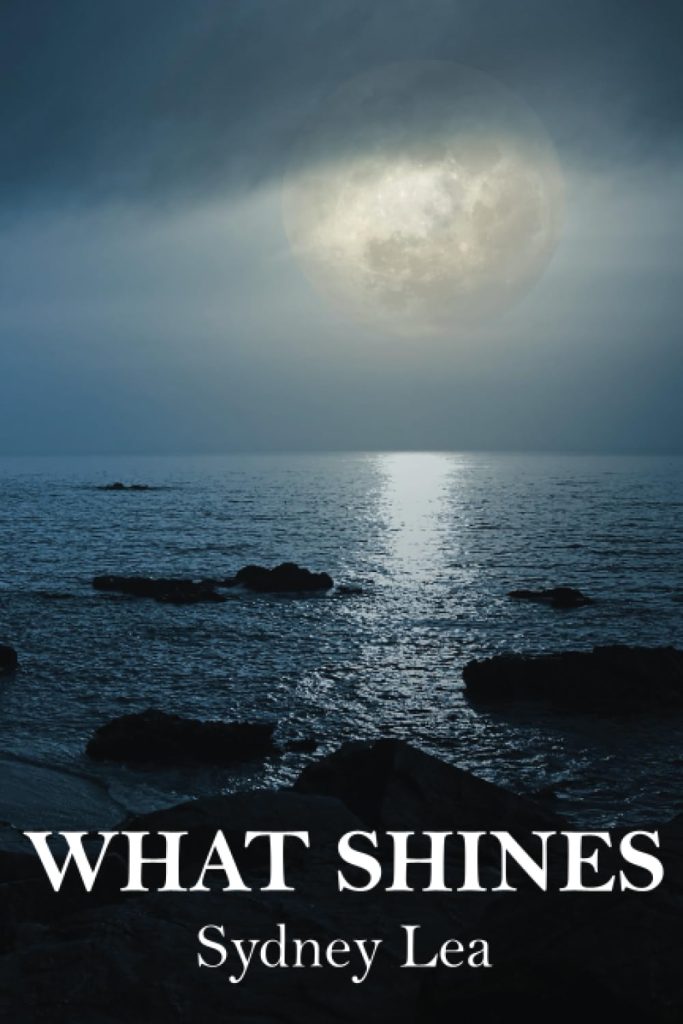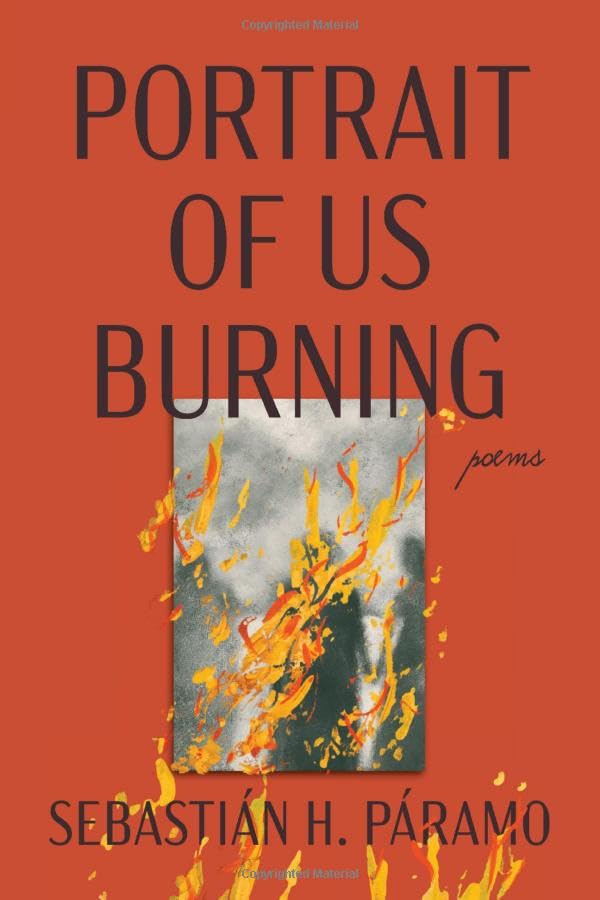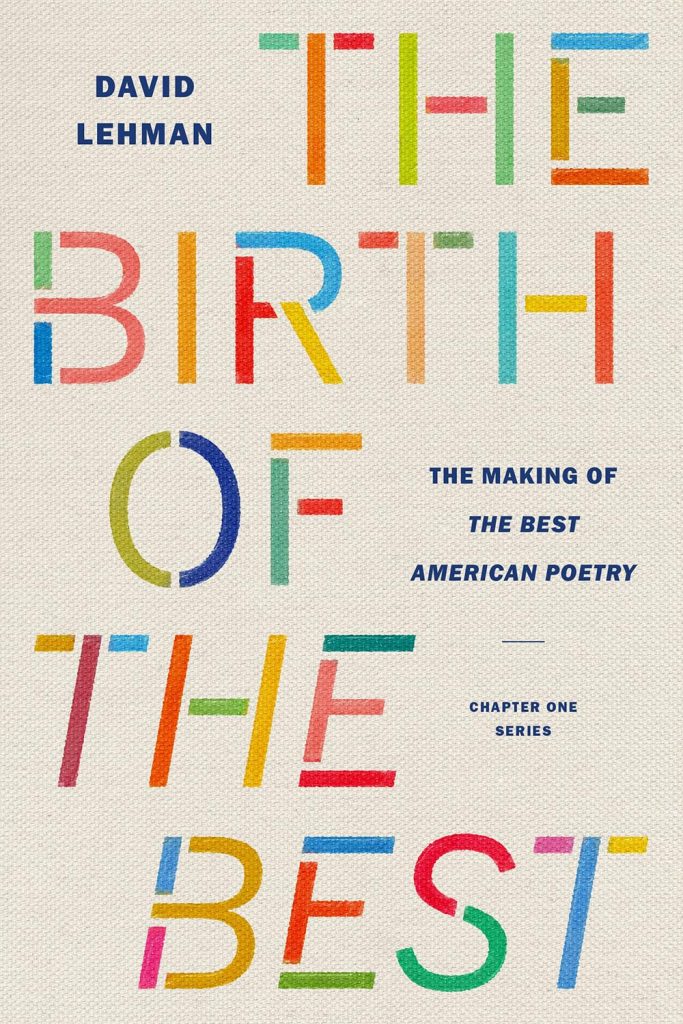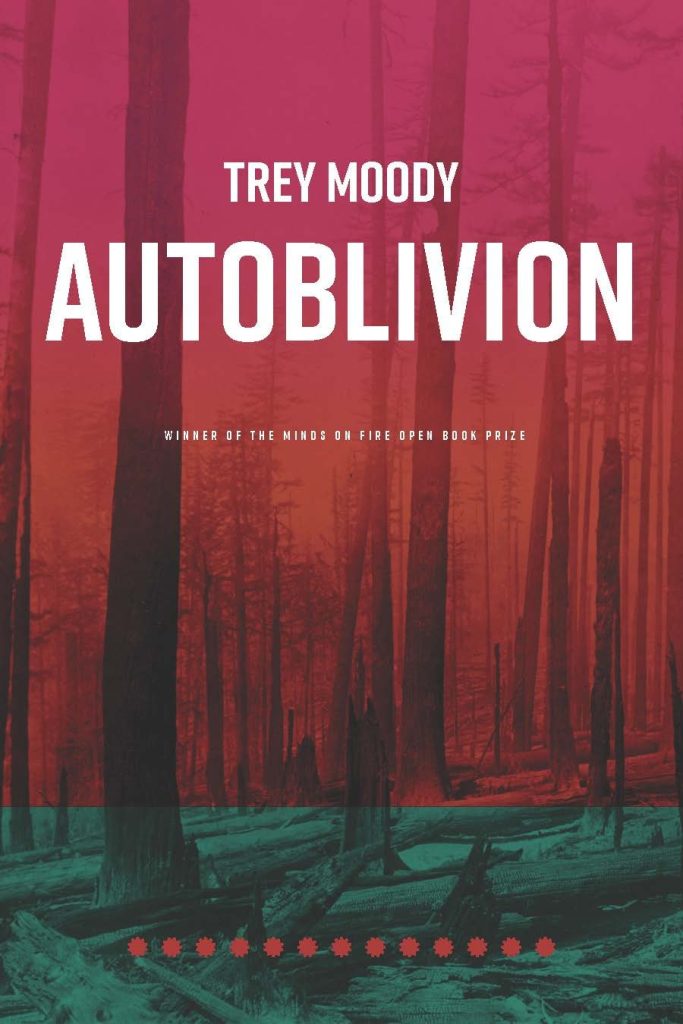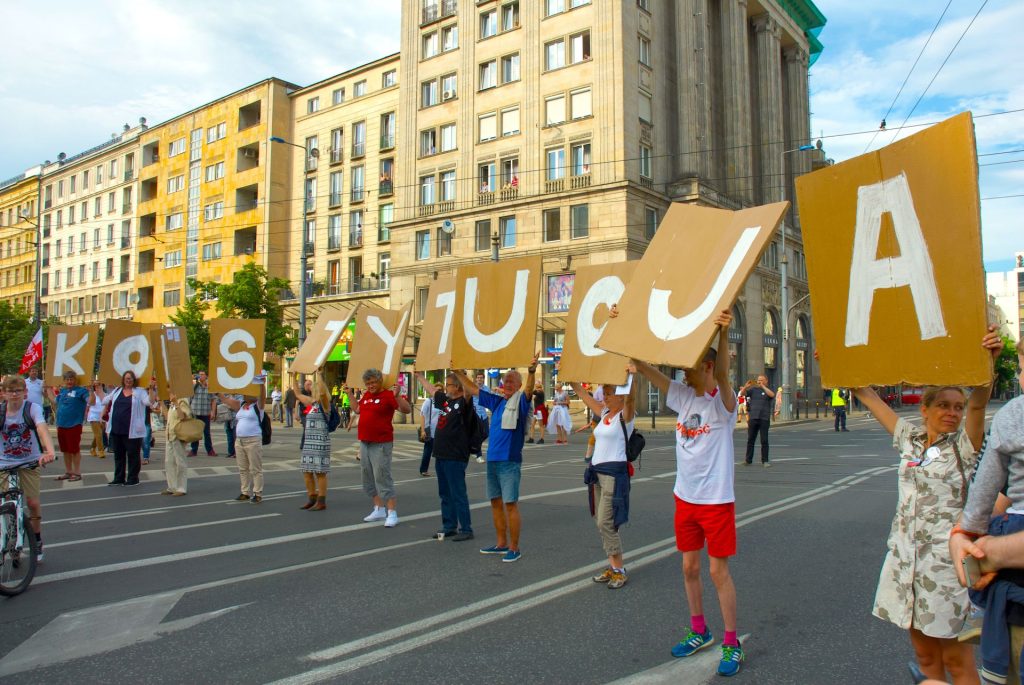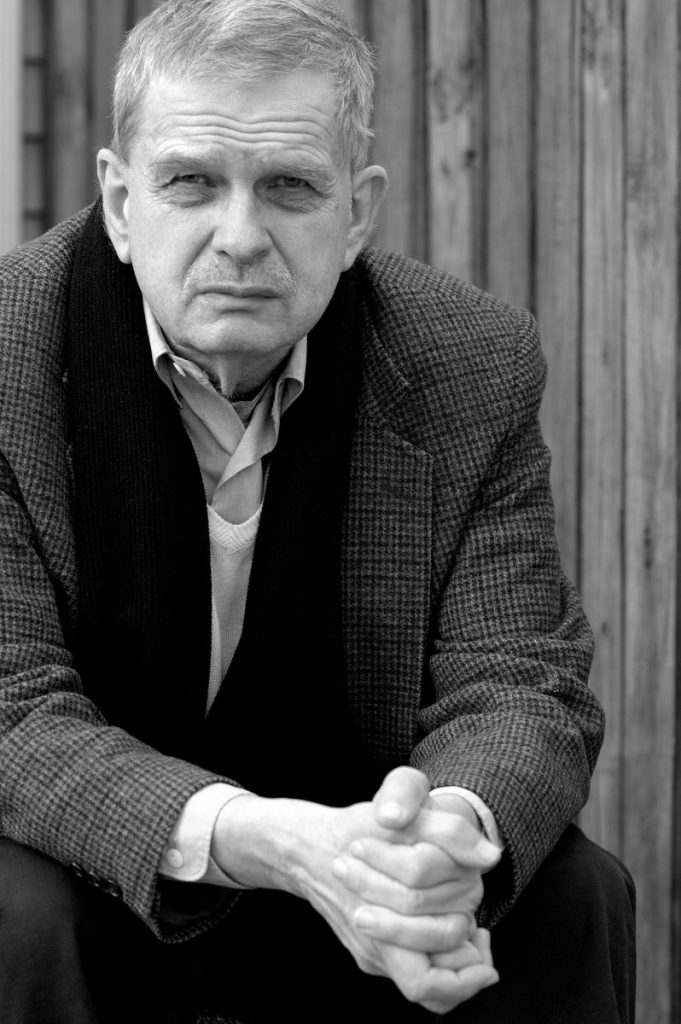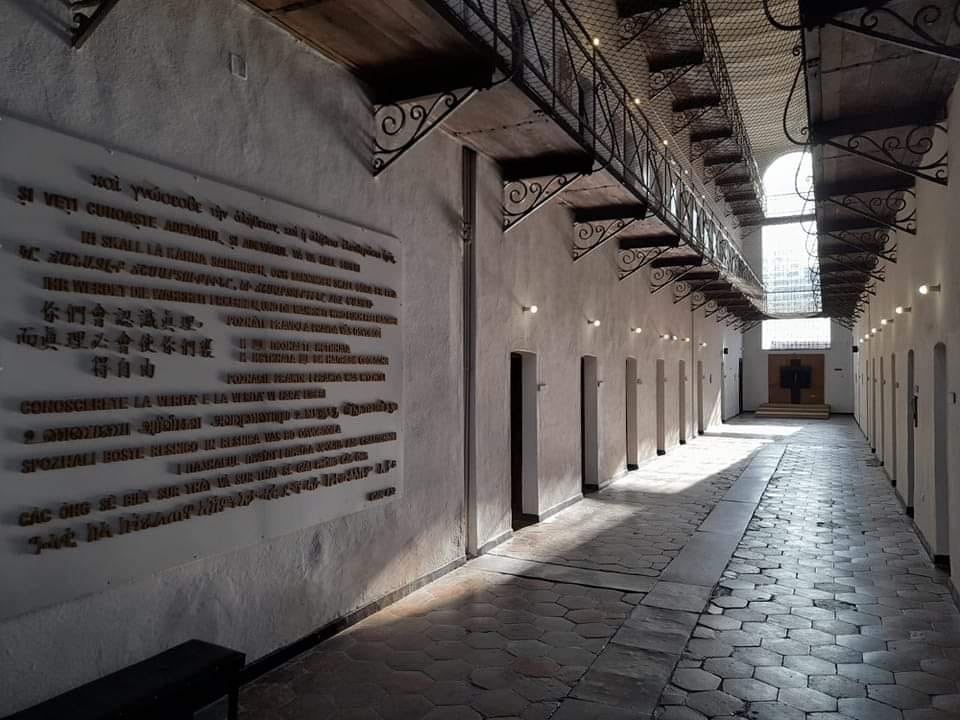
Photo of the Memorial of the Victims of Communism and of the Resistance by Linzebold Szabolcs
“Manipulation is one of the most subtle ways to prohibit freedom of thought, and therefore, of all forms of freedom.”
Romanian poet and writer Ana Blandiana discusses censorship under the Romanian communist dictatorship, turning to prose to cleanse “the residue of history,” choosing her writing over elected political office, and the creation of the Memorial of the Victims of Communism and of the Resistance. We are proud to present excerpts from her memoir False Treatise of Manipulation, three poems, and an interview between Blandiana and NER international correspondent Ellen Hinsey, all translated by Paul Scott Derrick and Viorica Patea.
Three Poems (“The Borderline,” “Hibernation,” and “The Hunt”)
From False Treatise of Manipulation: A Memoir
Interview: Democracy and the Force of Memory
This is the seventh in our “Literature and Democracy” series. This quarterly column, curated by NER international correspondent Ellen Hinsey, presents writers’ responses to the threats to democracy around the world, beginning with a focus on Eastern Europe.



